
ASC will play a key role during the Task 2.5 “Thessaloniki Living Lab Implementation” as a leading lockers provider.
More analytically, micro-consolidation lockers will be provided by ACS, Thessaloniki’s Smart Mobility and Logistics LL and Thessaloniki’s Digital Twin, focusing on smart mobility solutions by intelligent applications like MobiThess (Mobility management) and THESi (Smart Parking) through public-private partnerships. The pilot will be performed mainly by ACS who will:
The Automotive Engineering Network (AEN) is an initiator, facilitator and accelerator of innovations.
As a neutral institution, we bundle relevant expert knowledge, especially for small and medium-sized enterprises, as well as start-ups, so that they can successfully implement their innovations.
There is hardly any other region in Germany where so much scientific excellence meets such a high density of technology-driven companies as in Karlsruhe.
Together with our member companies, we want to help develop new perspectives, promote trust in regional partners and ensure equal opportunities.
By combining a wide range of knowledge from business, science, administration and politics, we manage and drive innovation projects forward. Our innovation events, workshops, partner events, trade fair participations and public relations work additionally strengthen the transfer of know-how.
AEN is the gateway to a progressive innovation community.
We link companies, universities and research institutes, important companies in Baden-Württemberg and organizations supported by them, as well as many other networks to form an open platform of specialized knowledge.
Our campaigns and events inspire the creativity of our member companies and support new, even unconventional ideas that lead to innovations.
We live the linkages of methodology, engineering knowledge and information technology, taking into account climate and environment, to design products and productions economically and ecologically sustainable.
AEN is part of the Cluster Initiative and the state-wide networks in Baden-Württemberg.
We turn our member companies into technology winners of tomorrow and strengthen the economic region of Karlsruhe in the long term.
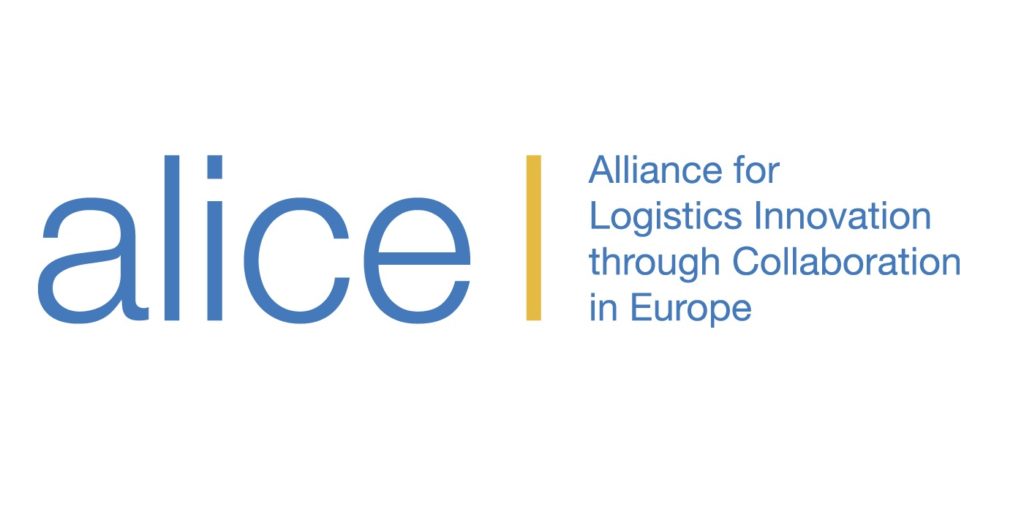
ALICE is a not-for-profit association, registered in Brussels, since 2015. It is an industry-led European Technology Platform for Logistics Innovation, gathering more than 150 European leading companies and academia to provide an collaborative network for implementing logistics and supply chain innovation. ALICE aims to foster innovation in logistics and supply chains, stimulate and accelerate innovation adoption that supports the growth of the European economy through competitive and sustainable logistics. ALICE monitors progress and adjusts research and innovation roadmaps accordingly, thus advising EU and member states on research and innovation Programs, i.e. HORIZON Europe. ALICE also contributes to a better alignment and coordination of European, national, regional innovation programs in logistics.
Website: https://www.etp-logistics.eu/
Our main roles in URBANE:
Leader of Task 6.2 Liaison with other initiatives and advisory board to connect the project with a wide range of the transport community to ensure exploitation and delivery long term benefits to the society

The AMB is the public administration of the metropolitan area of Barcelona, a large urban conurbation made up with 36 municipalities. Created by Law in 2010, it develops different competences in the fields of territory and urban planning, mobility, housing, environment, economic development and social cohesion. Regarding mobility and transport, it plans and manages the metropolitan bus and subway network, regulates the taxi service, promotes sustainable mobility initiatives and services (EV charging network, cycling network and parking, cycle logistics, LEZ-Barcelona, among others) and has approved its Metropolitan mobility urban plan 2019-2024.
In the URBANE project, AMB will lead the Barcelona Living Lab Implementation, with the objective of sharing the knowledge gained by implementing a RFDI tool in an actual cyclelogistics operator. For doing so, we will engage all the 36 metropolitan cities (especially those that are already developing such services) and other small or local logistics operators in following the advances of the pilot, so that this open technology could facilitate small and local cycle logistics be more efficient in its activities.
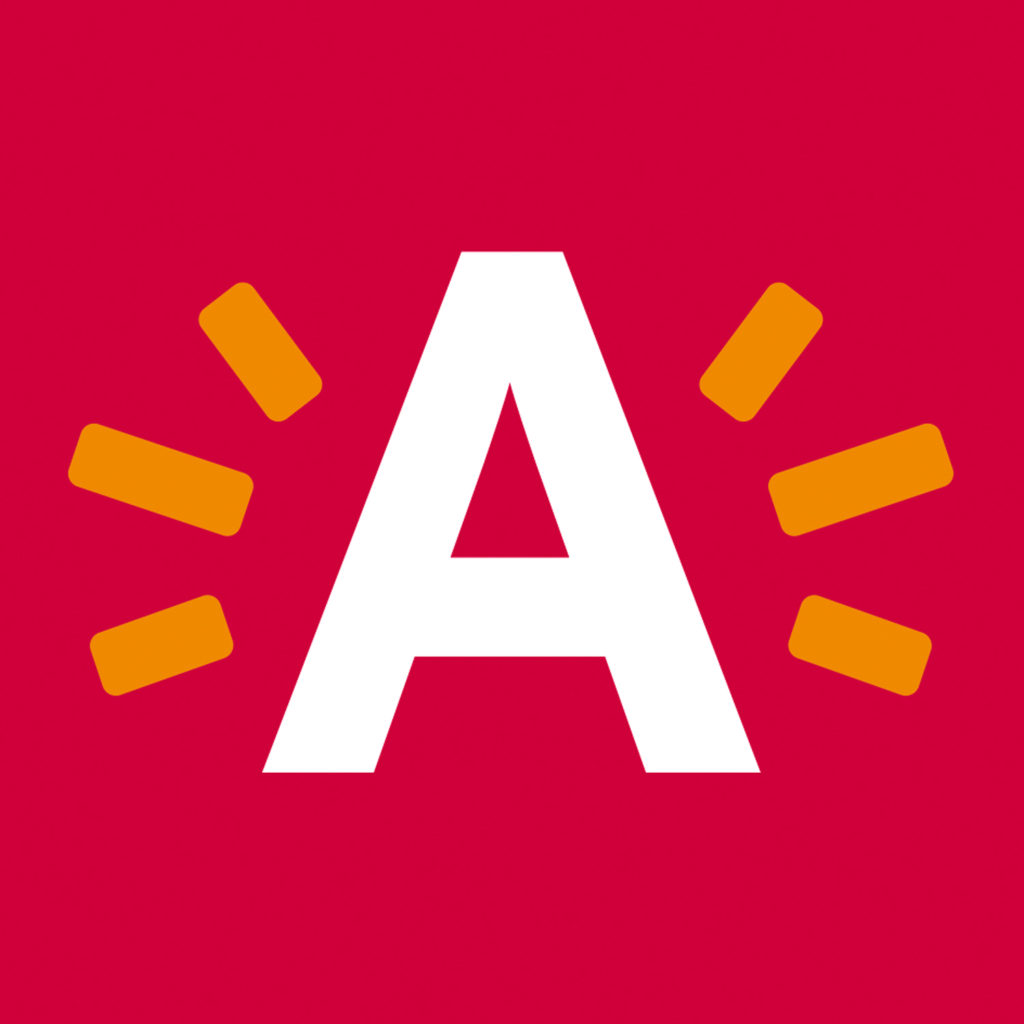
Antwerp is Belgium’s second biggest city and is located in the north of the country, on the right bank of the river Scheldt. This river allowed the city to grow steadily and develop the now second biggest port in Europe. Antwerp has a population of over 500.000 people and is still growing.
The city is a typical European concentric city with a distinct historic center, surrounded by a 19th century belt. The ring road, built on the trajectory of the former 19th century city walls, is of major importance on a regional, national and European level. The Flemish government is currently working on the completion of the ring road creating a complete circle around the city. In 2019, Antwerp was voted 4th in the Copenhagenize index for most bicycle friendly city.
Antwerp will participate as a follower city in WP6 in the URBANE project.

Bologna is located in a strategic geographic position in the heart of Italy and is also the main city in the Emilia Romagna Region, with about 380.000 citizens living in the urban area.
Building on the objectives of the city main planning tools, in particular the General Urban Traffic Plan (PGTU), the Sustainable Urban Mobility Plan (PUMS) and the Sustainable Urban Logistics Plan (SULP), and being one of the 112 Climate-Neutral and Smart Cities by 2030 selected by the EC, Bologna is one of URBANE Wave 1 testing grounds for implementing new delivery methods and operating models to green the last mile and optimise urban road transport.
Bologna Living Lab aims to reduce CO2 emissions and road congestion, by optimising logistic areas through an integrated and more efficient use of Nearby Delivery Areas and through the use of greener logistic systems.
https://www.comune.bologna.it

The Hellenic Institute of Transport (HIT) is part of the Centre for Research and Technology Hellas (CERTH). HIT's main objective is the conduct and support of applied research activities in the field of transportation in Greece, more specifically on issues relating to the organization, operation, planning and development of infrastructure, the standardization, economic analysis, management, vehicle technology and the impact assessment of land, maritime, air, and multimodal transport services. HIT's services also include the provision of training and education activities in related fields, the dissemination of research activities and the Representation of Greece in Transport Research and other relevant scientific fora abroad.
In the context of H2020 URBANE, HIT will be the technical coordinator of Thessaloniki's Living Lab (ThessM@LL). The main goal of HIT is to ensure knowledge transfer from Lighthouse LLs to Twinning LLs and provide a data driven assessment and monitoring of new city logistics business models.
https://www.imet.gr/index.php/en/research-areas-en/sector-b-en

CIDAUT is a non-profit research an innovation center, which undertakes R&D projects in the areas of transport and energy. Its mission is to generate the necessary applied knowledge and to transfer it to clients such that they may achieve their goals. To do so, it has a multidisciplinary structure that is capable of applying innovation to each of the processes, which leads up to a new product. Today, their staff is made up of 180 workers, of which 70% are college graduates.
In URBANE, CIDAUT is leading Valladolid Living Lab implementation. Its mission within the project is to improve the city’s urban goods distribution operations without harming the urban and environmental quality. CIDAUT will also take part in the standardization of the project outcomes.
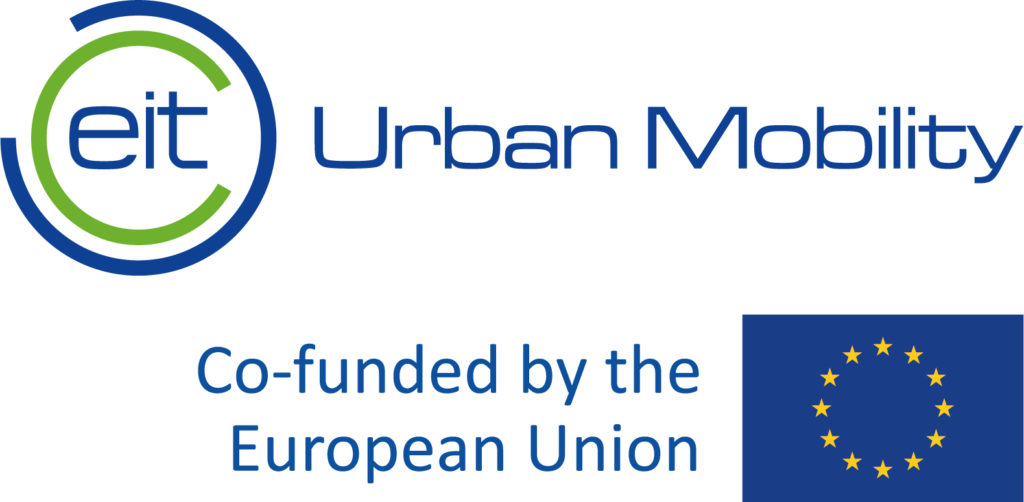
EIT Urban Mobility is an initiative of the European Institute of Innovation and Technology (EIT). Since January 2019 we have been working to encourage positive changes in the way people move around cities in order to make them more liveable places.
By 2026, we aim to become the leading innovation community to educate and inspire mobility solutions for 21st century cities to create a positive change for cities and citizens towards sustainable and healthy cities. The overarching purposes we are striving for are the improvement of the quality of life in cities, the mitigation of climate change, the contribution to the competitiveness of our cities and the creation of jobs.
Taking mobility challenges faced by cities as a starting point to plan our activities, we gather key players in the field of sustainable urban mobility to foster the development of innovative solutions. EIT Urban Mobility community consist of over 200 partners from leading companies, research and education institutions and cities in Europe.
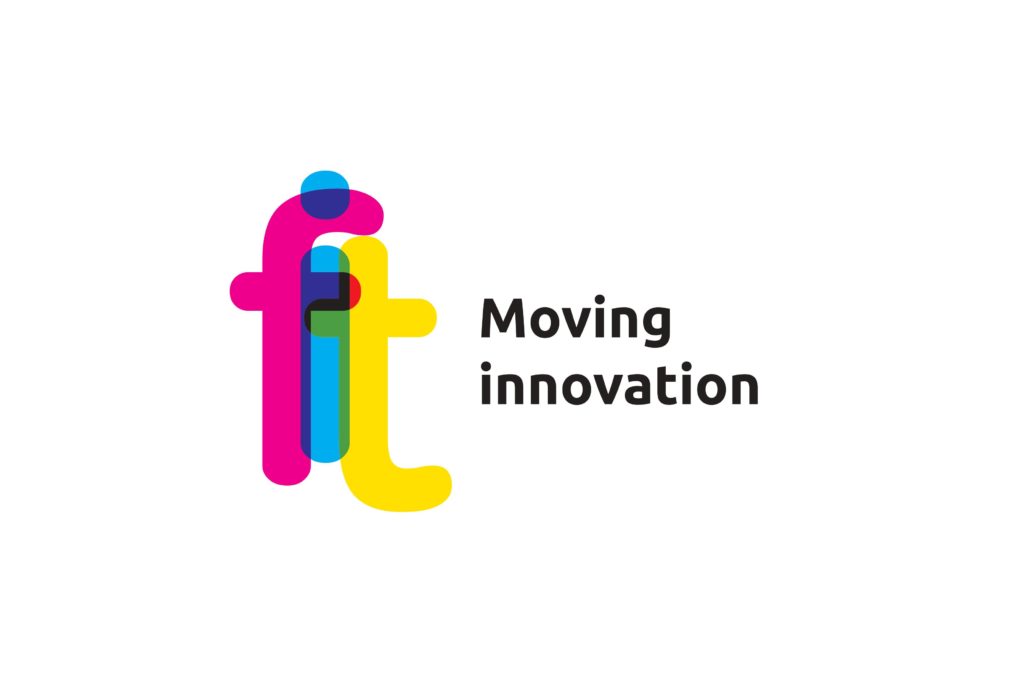
FIT Consulting is an independent SME founded in 1997 made of a group of experts working in the field of sustainable mobility of people and goods.
FIT acts as a facilitator in the mobility field, providing both technical and scientific assistance in the development of innovative projects, the implementation of new services together with the improvement of the existing ones in the framework of smart and sustainable mobility of people and goods and future market trends.
In URBANE FIT acts as Innovation Manager and Business model innovation provider, as it leads the development of the URBANE Innovation Transferability Platform, sets the impact Assessment Methodology and the Market Sector Observatory and it defines Commercialization Plans and Growth Trajectory.
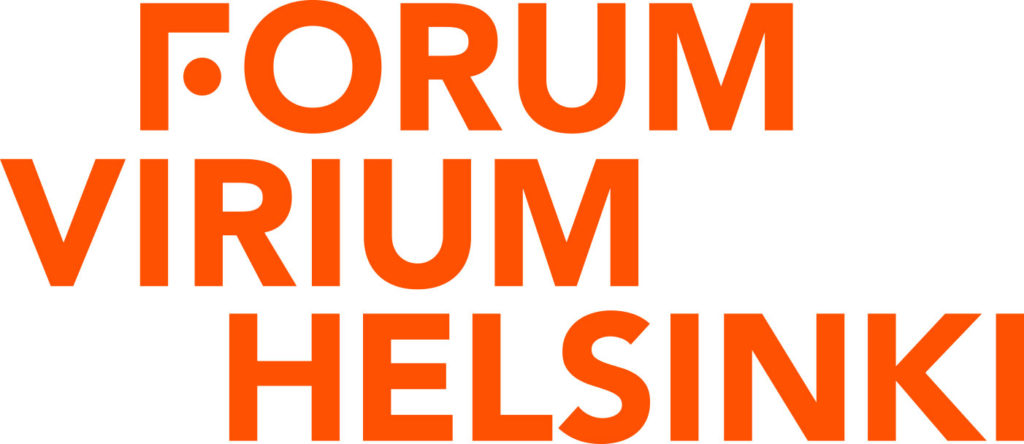
Forum Virium Helsinki is an in-house non-profit innovation company of the City of Helsinki. Forum Virium Helsinki co-creates urban futures with companies, universities, public sector and Helsinki residents. In practise, Forum Virium Helsinki pilots and develops urban innovation in projects, the solutions of which are scaled for the use of the entire urban community.
In URBANE, Forum Virium Helsinki is leading the Helsinki Living Lab implementation (task 2.2) activities. The goal of the Helsinki site is to demonstrate innovations and new services and assess how ADVs can be used forthe last mile delivery. The LL stakeholders will collect requirements, design user stories, models and roll out plan to manage the LL implementation in real life settings.
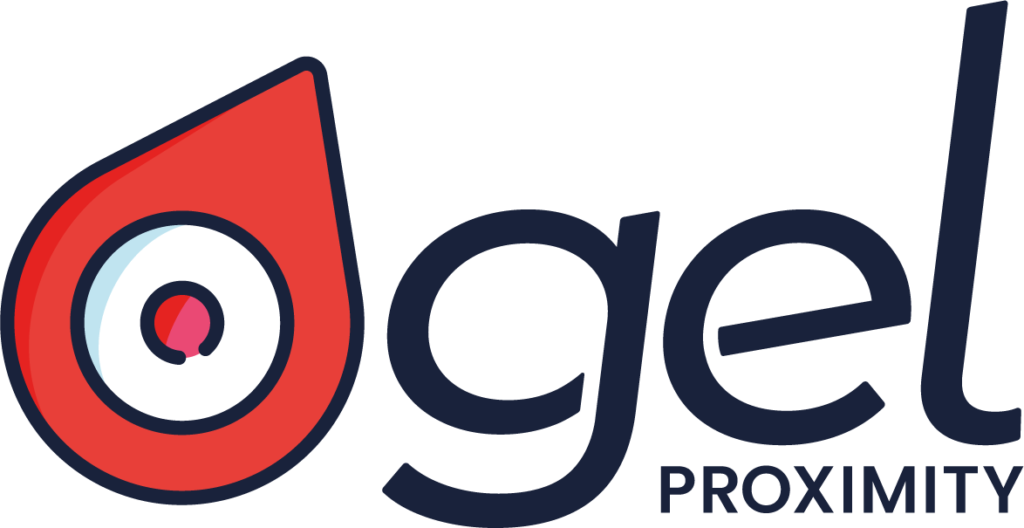
GEL Proximity is the first B2B platform which connects eShops, Fulfillment Operators and Road Carriers with the innovative last mile delivery services. The Software is a tech connector able to manage thousands of Collection Points and Lockers in connection with different Proximity delivery partners. The mission of the company is to support the amazing growth of the e-commerce channel by offering a greater number of logistics Proximity services and to improve the Smart Cities conversion by reducing emissions and favoring the package collection system. GEL Proximity is a Capitals company and from 2020 it has been included among the prestigious list of Politecnico di Milano's Spin-offs.
The main activities in the Bologna Lighthouse Living Lab are related to the creation of a versatile and scalable technological platform to manage shippings and the integration of the different logistics providers.
Website:

Helsinki is the Capital of Finland and the centre of the Helsinki Region, a functional urban region of about 1,5 million inhabitants and 800.000 jobs. Helsinki has continued to become a better lace in recent years, thanks to unprecedented growth and decision-makers working together. Finland’s capital is well on its way to becoming the best functioning city in the world. The city also aims to become carbon-neutral by 2030.
In URBANE, Helsinki is the site for one of the living labs, the Helsinki Living Lab implementation (task 2.2). The goal of the Helsinki site is to demonstrate innovations and new services and assess how autonomous delivery vehicles (ADVs) can be used for last mile deliveries. The LL stakeholders will collect requirements, design user stories, models and roll out plan to manage the LL implementation in real life settings. City of Helsinki supports the realization of the pilot.
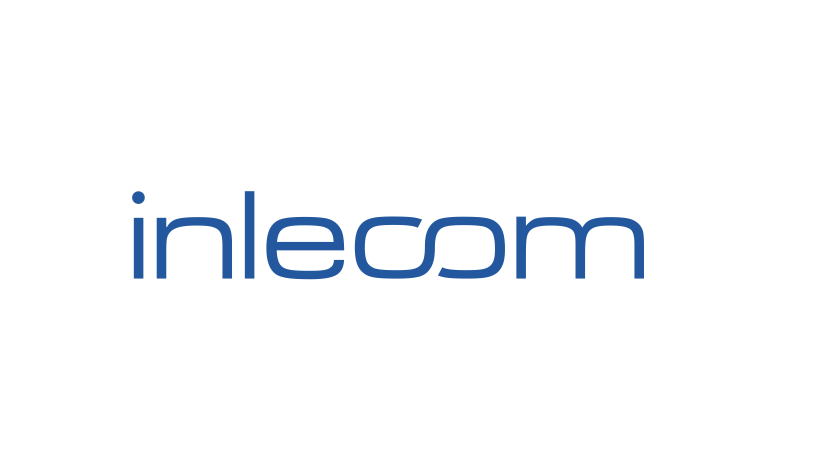
INLECOM Innovation is the research arm of the INLECOM Group, and it is a non-profit foundation, based in Athens, which undertakes innovative research in the areas of information technology as it applies to transport, logistics and telecommunications in Cloud, On-Premise and Hybrid applications. INLECOM assumes the role of the Project Coordinator having extensive expertise in the coordination and management activities, gained from a series of FP7/H2020 projects that has successfully led. INLECOM Innovation will be also participating in key technical tasks while leading the development of the Digital Twins Infrastructure.
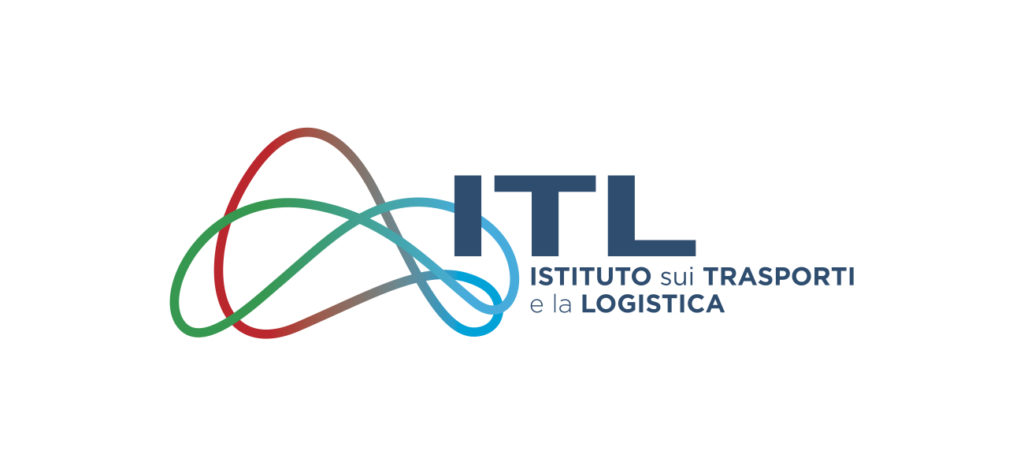
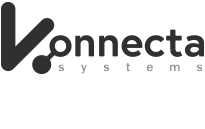
Konnecta is an IT Consultancy and Solutions SME that specialises in the field of Connected Intelligence Application Systems.
Konnecta provides enterprise grade solutions and middleware for Enterprise Connectivity, Data integration, Artificial Intelligence, Digital Trust and Digital Intelligence.
Main expertise:
IoT Management systems
In URBANE Konnecta has mainly a technical role, leading the Architecture Design (T3.1), implementing the Blockchain solution and associated Smart Contracts (T3.3) and, finally, developing the Digital Twins infrastructure (T3.6).
Konnecta has previous experience with relevant technologies on several Horizon projects:
Digital Twins:
Big Data Infrastructures:
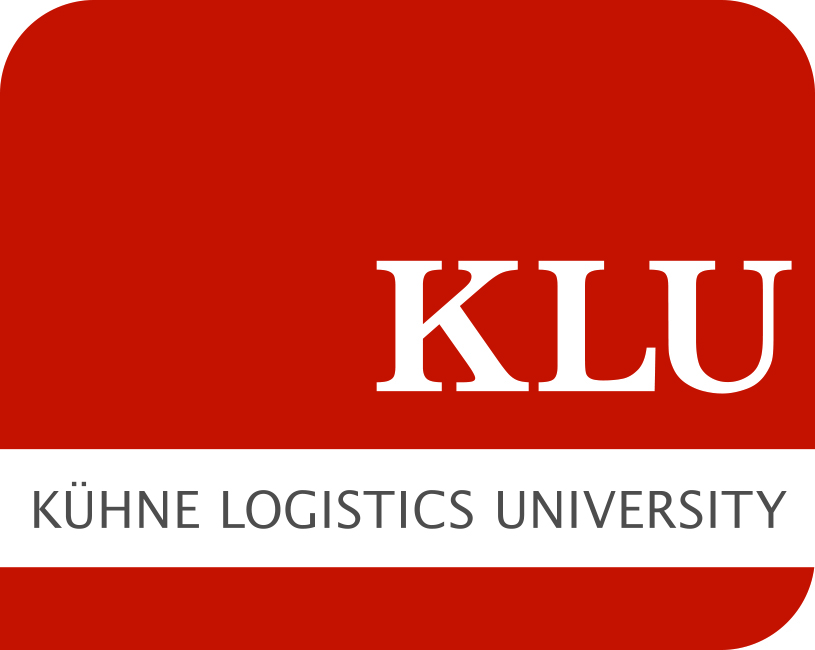
Kuehne Logistics University gGmbH (KLU) is a private university located in Hamburg, Germany. The university’s mission is to increase society’s understanding of logistics and its importance to industry and society through state-of-the-art research and education. In the URBANE project KLU leads work package 1 and is the sub-task leader for sub-task 3.3. The focus of KLU is on assisting the project’s partners in aligning solutions with the Physical Internet model, which has been demonstrated to lead to improved social and environmental outcomes from logistics processes.

La Rochelle Urban Community (CdA-LR) is a local authority (intercommunal level gathering 28 cities) ruling a medium‐sized territory (174 277 inhabitants– 327 km2) which lies on the west coast of France in the Nouvelle-Aquitaine region. The main city, La Rochelle, gathers 77 205 inhabitants. CdA-LR has competencies in many domains, ranging from town planning to economic development, energy and environment, mobility and urban transport, urban policy and socially balanced housing. As such, and with more than 50 years of intermunicipal cooperation, the local authority is entitled to act with a most holistic and crosswise approach. Rich in history, heritage and sea landscapes, the conurbation is a major tourist destination -4 million visitors coming each year. But its attractiveness is also linked with the territory’s quality of life, the higher education offer (La Rochelle is home to 15 000 students) and the economic vitality (17 236 companies and key economic sectors as of the nautical industry, the agri-food processing, tourism and IT).
Website : Accueil - Agglo La Rochelle (agglo-larochelle.fr)

Mechelen, a local government, is a medium-sized typical European city and municipality in the province of Antwerp, Flanders, Belgium. It has almost 88.000 inhabitants and it is estimated to grow to 100.000 inhabitants by 2030.
The city lately attracted more inhabitants, entrepreneurs, employers, visitors and tourists which implies a lot more traffic and transport flows.
The inner city is the area that used to be situated within the city ramparts with narrow cobble stoned streets. There are only a few remains of these ancient ramparts. They have been replaced by the ring road around the city. This part of the city is home to 20.000 inhabitants.
Mechelen is centrally located in between bigger cities like Antwerp, Brussels, Leuven and Ghent.
Website: www.mechelen.be
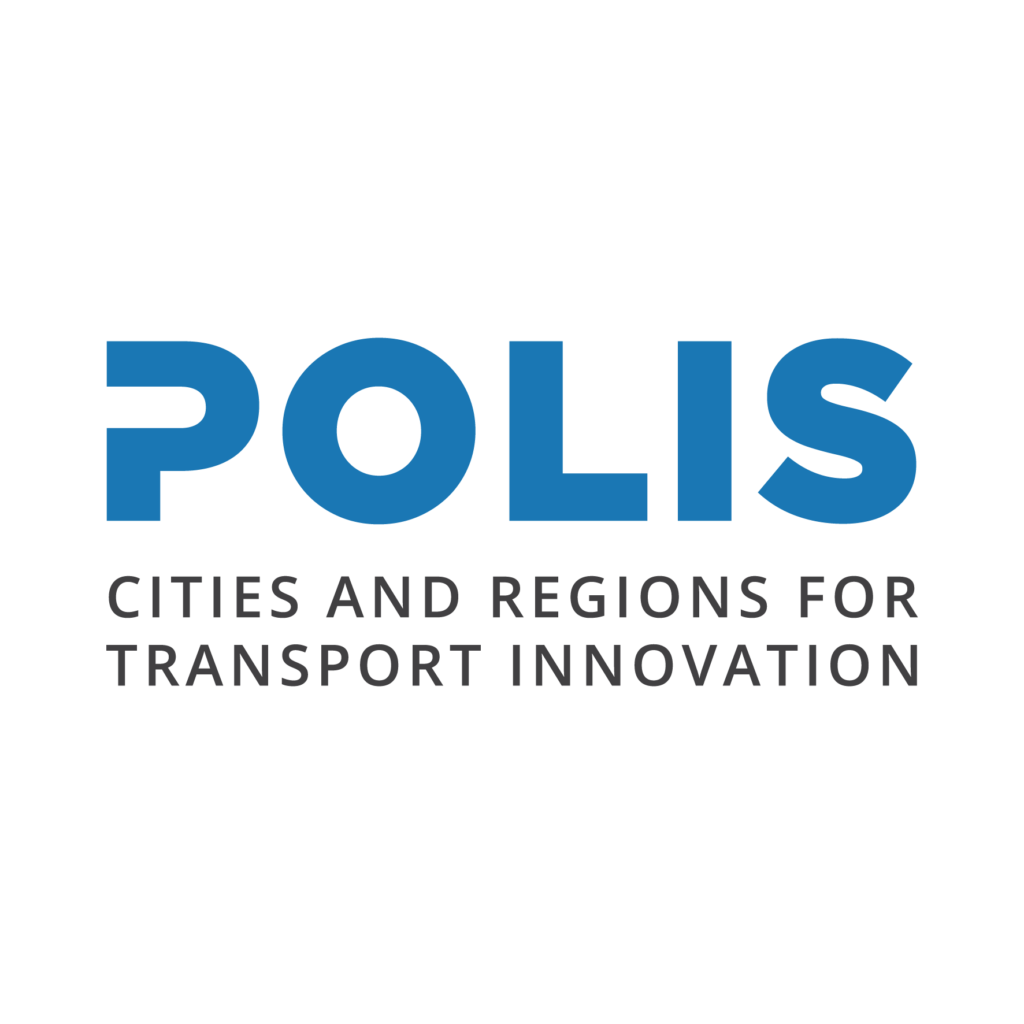
POLIS is the leading network of European cities and regions working together to develop innovative technologies and policies for local transport. Its missions are to facilitate peer-to-peer exchange between cities and regions, and the private sector, on urban transport policy and innovation, to help its members gain access to European initiatives and projects, and to be the voice of cities and regions on transport-related matters towards the European institutions.
In URBANE, POLIS is leading the Upscaling and Policy Making activities to build momentum for green automated last-mile delivery solutions. The goal, amongst others, is to promote knowledge transfer, conduct capacity-building activities, involve a wider base of external cities and regions, and communicate and disseminate URBANE’s results.
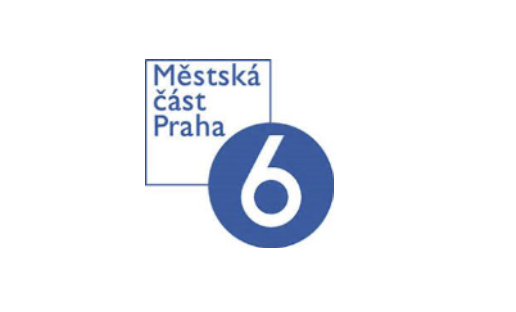
Prague 6, formally the municipal district Prague 6
(Mestska cast Praha 6), is the largest Prague district. It is located in the north-west of Prague. It covers 41.54 km2 and has 100,600 inhabitants (31.12.2008). The administrative district of the same name comprises Prague 6 and municipal districts Lysolaje, Nebusice, Predni Kopanina and Suchdol. Prague 6 includes cadastral areas Ruzyne, Liboc, Veleslavin, Vokovice,
Dejvice, Stresovice and parts of cadastral areas
Brevnov, Sedlec, Bubenec and Hradcany. The district contains several sites (e.g. Brevnov Monastery) and cultural institutions (Semafor, Divadlo Spejbla a Hurvinka, the Baba district and the Hvezda Game Reserve with its many chateaux in an area of 86 hectares. Also the biggest airport in the Czech Republic, the Vaclav Havel Airport Prague is located in this District.
There are many residential areas, the university campus is in the middle and on a side it borders with the Prague Castle and the Old Town. Evropska street is the main street connecting the center of the district with the airport.
www.praha6.cz

Schenker Oy is one of Finland’s leading logistics providers – we support industry and trade in the exchange of goods through land transport, air and ocean freight, contract logistics and supply chain management.
Integrated logistics resides at the world’s most important intersections, where the flow of goods creates an effective link between carriers. Our value-added services ensure the flow of goods continues seamlessly and supply chains stay lean and optimized for success. Our business holds top positions in automotive, technology, consumer goods, trade fair logistics, special transports, and special events logistics.
In Urbane, Schenker Oy is supporting our Helsinki Living Lab partners in creating and implementing use-cases. The goal of the Helsinki site is to demonstrate innovations and new services, and assess how ADVs can be used for thelast mile delivery.


Soben is an SME based in Cahors in Occitanie (France). Its TwinswHeel branch develops and manufactures logistics droids. These droids are in charge of assisting people in carrying heavy loads in the city. These droids move either in follower mode, in teleoperated mode (4-5G) or in autonomous mode. We have a family of 3 droids:
As part of the Urabn project, Soben/TwinswHeel experiment with a ciTHy L droid in Helsinki with LMAD and DBschenker to deliver parcels in the city. This droid will move autonomously between a relay point and at the foot of the office or residential building where it must deliver the packages.

TRI-VIZOR is a disruptive innovator in logistics and supply chain management. As the world’s first impartial orchestrator it as one of the first companies to introduce the principles of the sharing economy in transport and logistics, supported by its baseline “Carpooling for Cargo”. TRI-VIZOR proactively designs and operates horizontal partnerships and collaborative communities among shippers. By bundling and synchronizing freight flows and sharing capacity and resources across multiple supply networks, double digit gains in cost, customer service and sustainability can be achieved.
CARPOOLING FOR CARGO
Vision and Mission
TRI-VIZOR has developed a strong vision on how logistics and supply chain management will evolve in the coming years and want to prepare companies and other organizations to anticipate on what is going to come. In essence, the current business models in transport and logistics will fail very soon due to low efficiencies caused by fragmentation and important capacity shortages. The new business models for smart and sustainable logistics will be based on sharing capacity, i.e., bundling of flows, clustering of activities, sharing services and pooling resources. TRI-VIZOR has demonstrated that horizontal partnerships and platforms are the most fair and appropriate way to realize this.
Main role in URBANE:
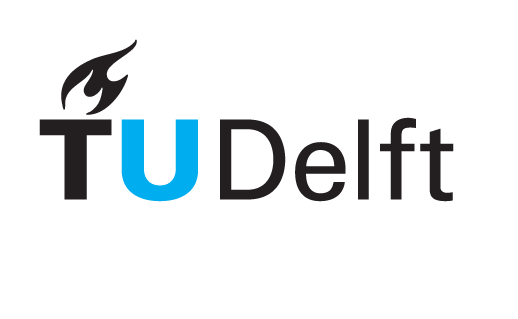
Delft University of Technology is the largest and oldest Dutch technological university in the Netherlands, hosting over 25,000 students. It consistently ranks as one of the best universities in the world in the area of Transportation Science. The Freight Transport and Logistics group specializes in the modelling and system analysis of large-scale (urban to international) freight and logistics systems.
TUD developed the MASS-GT (Multi-Agent Simulation System for Goods Transport) modelling framework to support the evaluation of innovations and policies in urban freight transport. MASS-GT has been further enhanced and implemented in the HORIZON2020 projects HARMONY and LEAD. In URBANE, the main role of TUD is to work with NORCE to study the adoption of logistics innovations by citizens and firms, which are connected through social and professional networks.
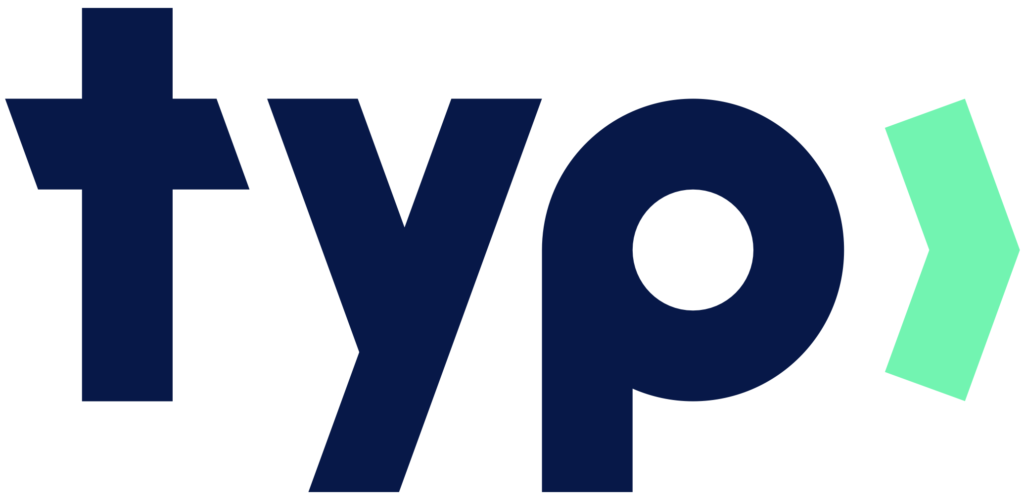
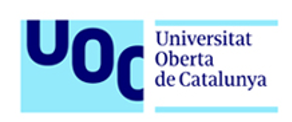
Since its creation in 1994 as a state-of-the art technological university with a highly innovative learning model, the Open University of Catalonia (Universitat Oberta de Catalunya -UOC) is one of the world’s premier online Higher Education universities, now engaging more than 85,000 students. UOC’s core goal is to be the university of the knowledge society, promoting innovative education, personalized learning, technological leadership, R&D work on the information society and eLearning. The UOC’s research and innovation activity is performed within the Doctoral School and its 52 R&I groups.
At URBANE, the UOC participates in Twining living labs and replication activities, as well as in scaling-up and policy development activities. The objective, among others, is to implement the Barcelona Living Lab, extend and integrate exploitable results/models/algorithms related to the implementation of RFID technology in order to assess and evaluate the economic, environmental and social impacts of twinning, etc."

VANAPEDAL, established over 10 years ago in Barcelona, is one of Europe’s leading neutral Last-Mile Cargo Bike Operators. Clients include FEDEX, DHL and EUROPASTRY, amongst others. It has a strong track record of green innovation working together with partners in both the public and private sectors. It was the first company in Spain to acquire and distribute XCYC Pickup cargo-bikes. In partnership with EIT Urban Mobility and AMB it has recently developed a new parcel box for faster parcels trans-shipment: https://marketplace.eiturbanmobility.eu/products/cargo-bike-parcels-box/
In URBANE, it articulates the needs and contributions of cargo-bike operators. It is the Operational Partner for the Twinning Lab Pilot of RFID-based Automated Parcel Routing (Lab lead: AMB, Technical Partner: UoC). With a fleet of over a dozen cargo-bikes it also articulates the needs of SME companies dedicated to sustainable city logistics.
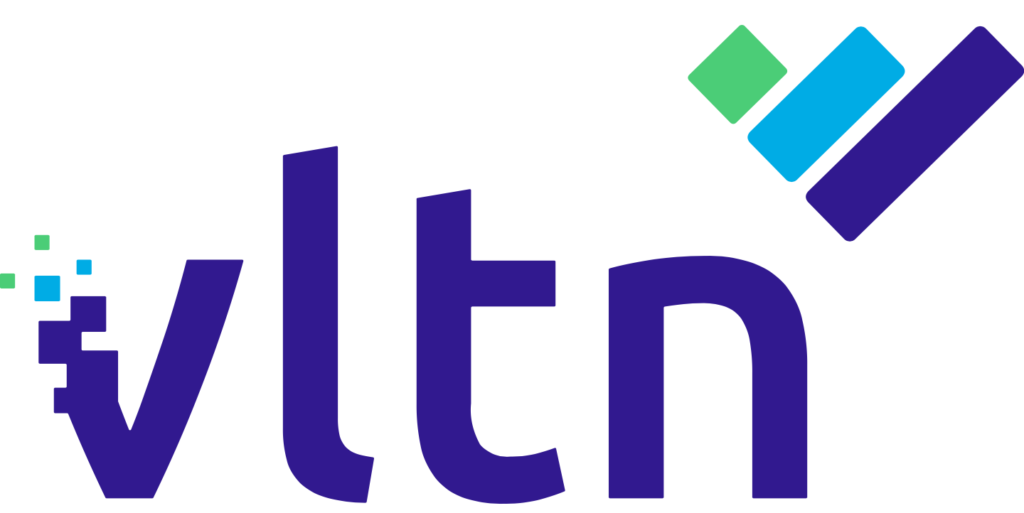
VLTN is a Green Supply Chain and Logistics, Innovation and Consultancy SME, dedicated to data-driven consulting, optimisation and research & development. Our vision is to achieve net-zero GHG emissions supply chains that ‘evolve’ faster than change, delivering balanced value to both business and societal actors. To achieve this, we utilize advance analytics, business insight, dynamic optimisation methods, and logistics innovation management to look into the future and anticipate change in the highly complex supply chain and logistics industry, offering viable alternatives for efficient and sustainable operation.
VLTN website: vltn.be
